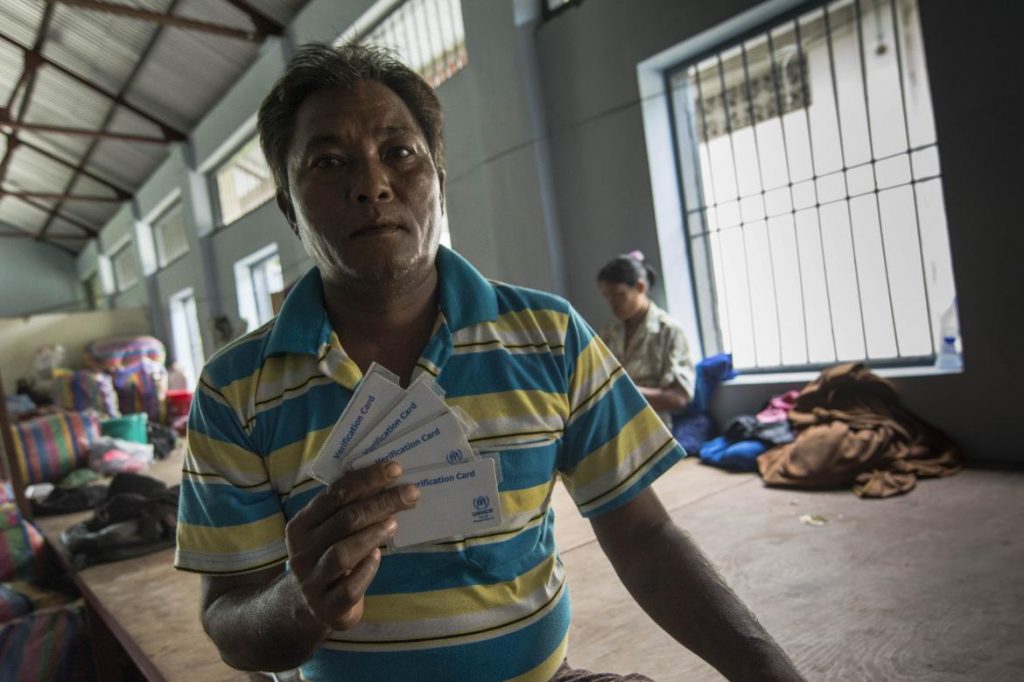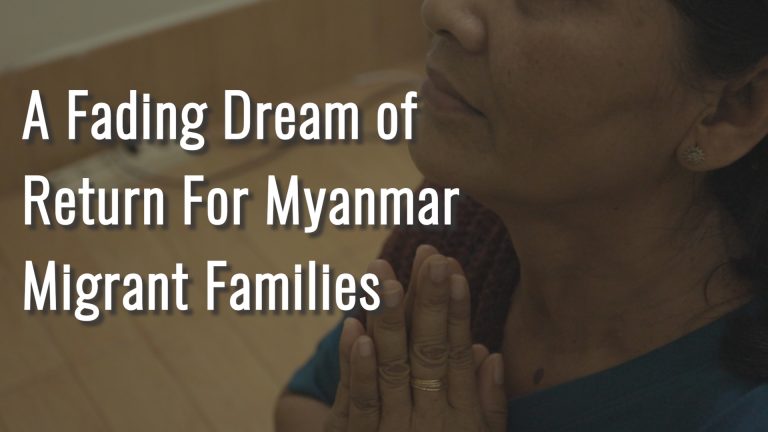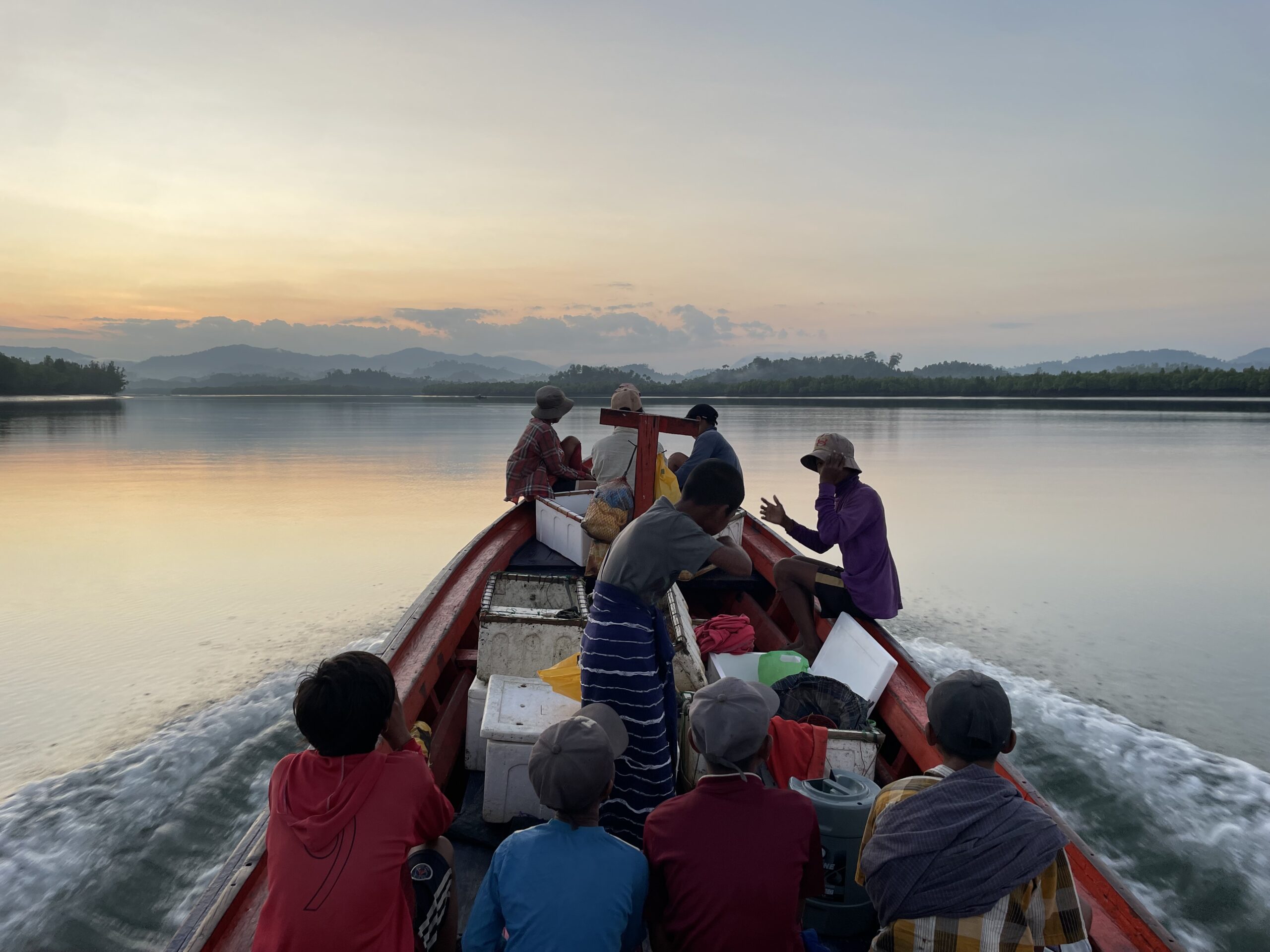By MRATT KYAW THU | FRONTIER
YANGON — Seventeen refugees who returned recently to Myanmar from Thailand are stuck in a state-run shelter in Yangon because the government has so far failed to arrange housing for them.
Government officials have encouraged the four families to buy low-cost housing in Hlaing Tharyar Township, but so far they have refused.
The 17 are among 65 refugees who have returned voluntarily to Myanmar under a United Nations High Commissioner for Refugees (UNHCR) pilot supported by the Myanmar and Thai governments.
The project enables those returning to nominate the area of the country in which they would like to live. Other returnees have chosen Kayin State and Tanintharyi and Bago regions, according to the UNHCR.
Support more independent journalism like this. Sign up to be a Frontier member.
Repatriation began on October 25, with returnees receiving support from UNHCR, the International Organization for Migration, the World Food Programme, the government and other agencies.
The Yangon group arrived in Myawady, a border town in Kayin State, on October 27. Since arriving in Yangon they have spent five days at a Ministry of Social Welfare, Relief and Resettlement shelter in Kyaik Waing Pagoda Road in Mayangone Township.
Regional minister for social affairs U Naing Ngan Linn visited the temporary shelter yesterday at about 4pm. He told reporters afterward that the government was “totally responsible” for arranging housing. “But it’s hard because the rarest thing in Yangon Region is land. So we can’t [provide housing] immediately,” he said.
The returning refugees told Frontier that Yangon Region Minister for Rakhine Affairs U Zaw Aye Maung had encouraged them to buy apartments in an affordable housing project at the Shwe Linn Ban Industrial Zone in Hlaing Tharyar Township. The apartments are priced at K9.8 million (US$7,615), with 30 percent payable upfront and the rest over eight years. The refugees refused the offer.
“We don’t have any plan for the time being,” said Daw Aye Aye San, 46, who returned with her husband and daughter.
The Yangon Region government has been providing the refugees with K3,000 a day, while the Union government and Myanmar Red Cross Society have given a total of K400,000 to each family.
Ko Phyo Min Kyin, a former political prisoner who is helping the former refugees, said he was disappointed at how the government had handled the resettlement process.
“It looks like the government is deliberately delaying resettling the refugees so that their relatives come and take them instead,” he said. “I really think that’s their tactic.”
More than 103,000 refugees from Myanmar—mostly victims of the decades-old conflict in Kayin State—live in camps on the Thai border. UNHCR has said that while the initial number of returnees is modest, the aim of the pilot is to pave the way for a resolution to one of Asia’s longest-running refugee situations.







